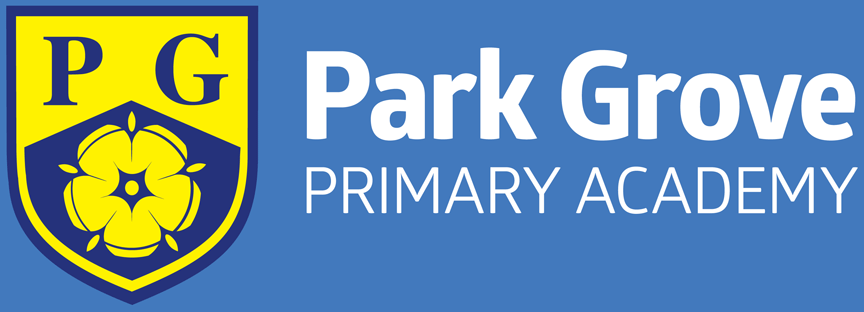- Home
- Key Info
- Our School
- Calendar
- Teaching & Learning
- Curriculum
- National Curriculum
- New Reception Starters
- Rainbow Hub
- Blue Class Information (Year 1/2)
- Green Class Information (Year 1/2)
- Lime Class Information (Year 3/4)
- Maroon Class Information (Year 3/4)
- Indigo Class Information (Year 4/5)
- Magenta Class Information (Year 5/6)
- Turquoise Class Information (Year 5/6)
- Parents
- Partnerships
- Ebor Academy Trust
- Contact Us












